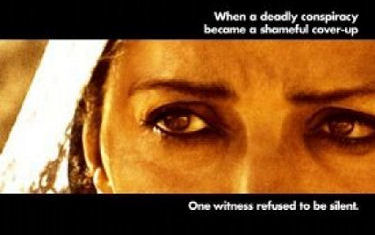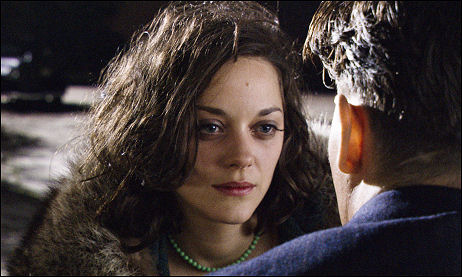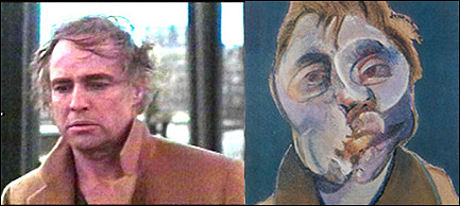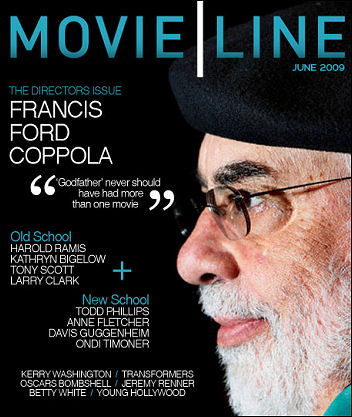“I respect your love for Public Enemies,” a critic friend wrote this evening. “I have to say it didn’t bowl me over — it’s too diffuse, too uncertain on what story it really wanted to tell. Although, agreed, Marion Cotillard is terrific and there’s no doubt the film looks wonderful, like every Mann project.
“But there’s a point here — and maybe a post — in how the externals of last Thursday’s big NY screening at Leows’ 84th Street may have critically affected its reception.
“As I’m sure you know, the Manhattan screening was a clusterfuck — long lines, not enough seats, etc. Several major critics were heard loudly complaining about all of this, and while this is petty shit and shouldn’t influence any pro’s opinion — I remember giving raves to movies I saw sitting on the floor of the Eccles — it definitely can.
“The other imponderable was, bizarrely, Michael Jackson.
“What does he have to do with John Dillinger? Nothing. But, again, one big-time reviewer told me, having heard about the death just minutes before the film started, ‘I don’t think I can sit down and watch this movie now.’ Jackson’s tragedy was, at the very least, a distraction from what was about to demand (and deserve) our full attention as it unfolded onscreen.
“Is any of this Mann’s fault? Obviously not. And I can honestly say my feelings about the film had nothing to do with the mismanaged screening or the death of a pop star. I’m used to cattle-call screenings (and usually just bully my way through). And I thought Jackson’s death was sad, but weirdly predictable.
“But did all this strangely, subtly, unfairly, bring down other people’s enjoyment of the film? Yeah, probably.”








